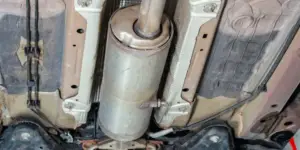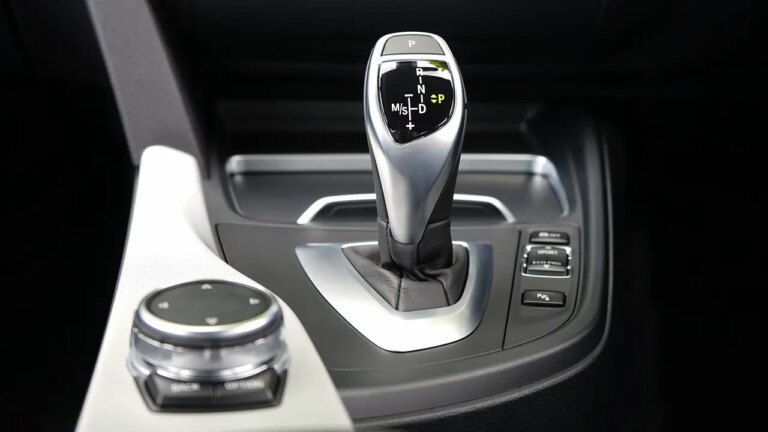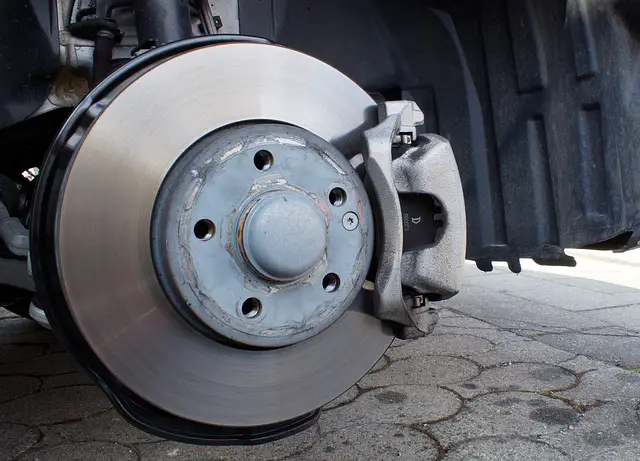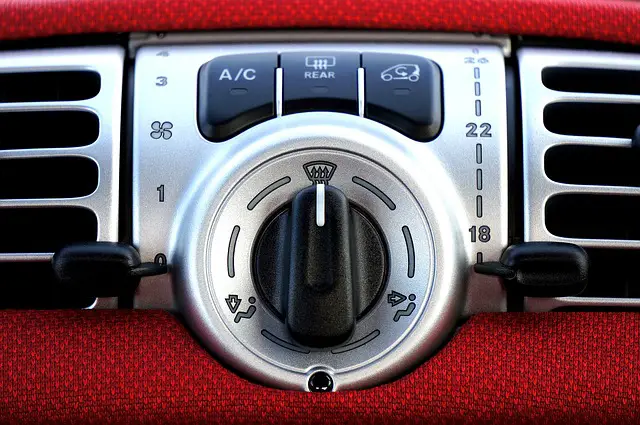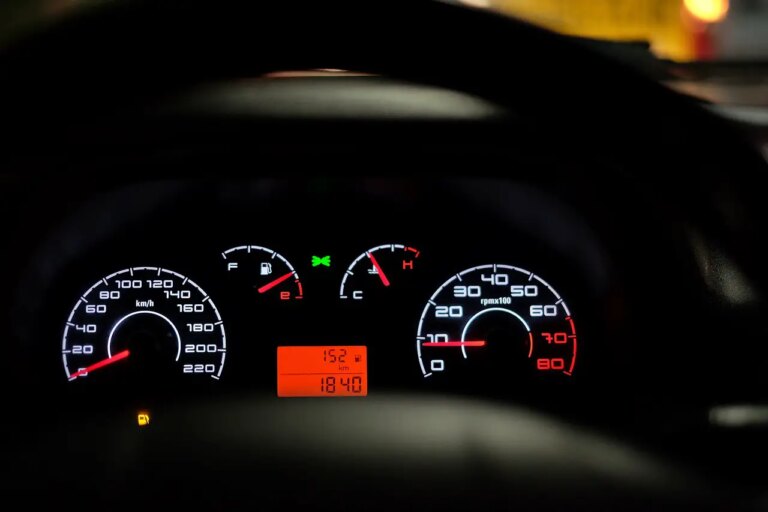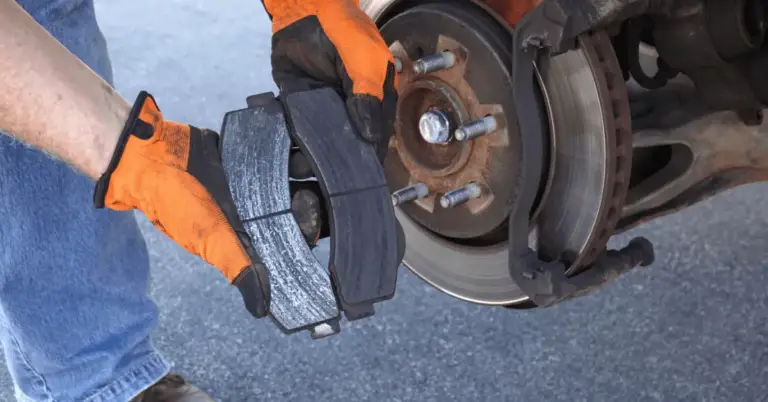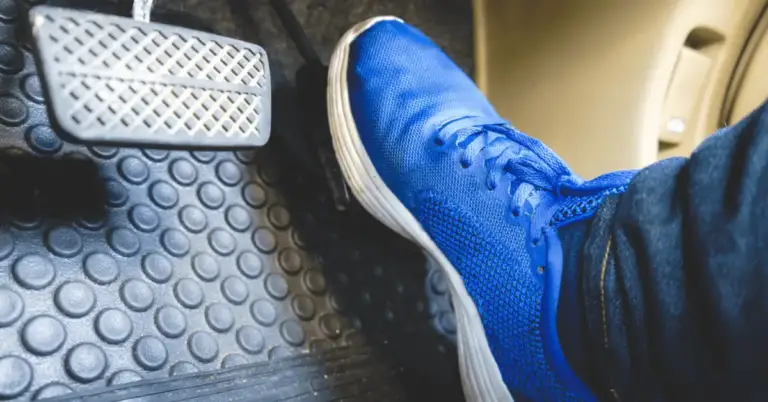Got a grinding noise coming from your car while backing up? It’s quite common, actually.
From transmission problems to worn out CV joints, brakes, and more, there are a variety of reasons why a car may start to make a grinding noise when reversing.
Here I’ll explain some of the common causes and go into detail about the causes, repairs – if possible and the costs to repair or replace.
Transmission and Differential
The most expensive part that can cause a grinding noise – that is more obvious when reversing is the transmission or the differential.
The differential is connected to the drive axle and is responsible for transferring power from the transmission to the wheels.
It’s also responsible for allowing each wheel to spin at different speeds when turning corners. If the grinding noise is louder when you turn the steering wheel when backing up, a worn diff is a likely culprit.
A far better and cheaper cause is that the transmission oil is old and needs replacing.
Okay, onto the transmission itself.
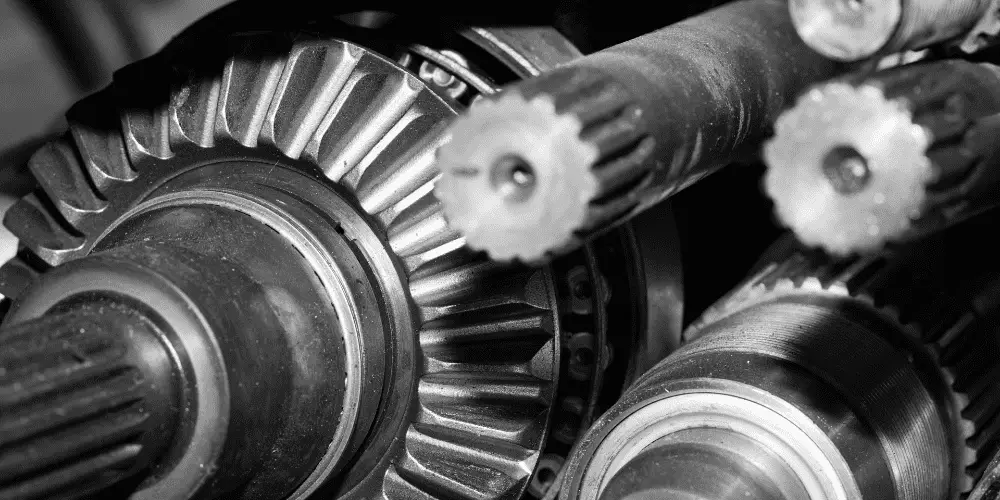
The transmission is responsible for transferring power from the engine to the differential. If the transmission is having trouble shifting or there is a problem with the synchronizer, it can cause a grinding noise when the vehicle is either in reverse or in a lower gear.
Why It Happens More in Reverse or Backing Up
When the vehicle is in reverse or backing up, the transmission runs at low speeds and a higher load. This means that any wear or tear in the transmission or differential can be more easily detected and be more likely to cause a grinding noise.
Repair and Replacement Costs
It’s difficult to be really precise here. Transmission fluid is cheap and should always be your first attempt at fixing the problem. You’ll pay no more than $50-$100 at a car shop to get this changed. If that doesn’t stop the grinding, things get more expensive.
To give you an idea, transmission and differential repairs and replacements typically range from $1,000 to $3,000. This is a broad range, so the exact cost will depend on the repair or replacement needed, the vehicle’s make and model, and what part of the transmission needs replacing. The transmission is the most expensive part of the car.
Many car shops will not even work on transmissions and prefer to outsource the work to specialists. They may remove the transmission to send it on, but that’s about it.
Related: How To Diagnose Engine Oil or Transmission Fluid Leaks – DIY Checks
CV Joints
A car making a grinding noise when backing up or reversing can often be traced to a worn out or damaged CV joint. The Constant Velocity joint, or CV joint, is a crucial component of the axle and wheel assembly.
In other words, they form part of the drive shaft, and that’s the part that receives power from the engine to turn the wheels.
When it is worn or damaged, it can cause all sorts of issues, including a grinding noise when you put your car into reverse.
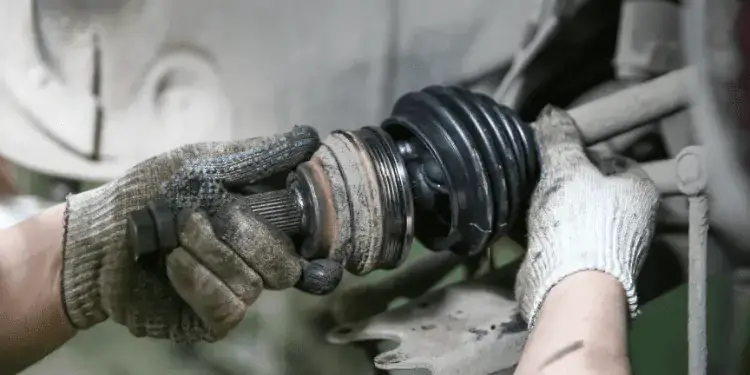
So why does this happen more when you’re reversing? It has to do with the way the CV joint works.
The CV joint comprises two components: the inner and outer race. The inner race is connected to the axle, and the outer race is connected to the wheel.
Often read next: CV Boot Replacement Without Removing Axle – Help & Advice
The two components are joined by a set of steel balls and grooved tracks, which allow the wheel to move and turn freely while the axle remains connected.
When the CV joint is worn or damaged, these steel balls and tracks cannot move as smoothly. This causes friction and resistance when the wheel is turned, resulting in a grinding noise.
This is especially noticeable when backing up because the CV joint is forced to move against its normal direction of travel, which puts more strain on the steel balls and tracks.
The cost of repairing or replacing a CV joint will depend on several factors, such as the make and model of your vehicle, the type of CV joint you need, and the extent of the damage.
Sometimes all that needs repairing or replacing is the rubber boot. This part is meant to keep dirt and moisture away from the joint and keep oil inside it. These rubber boots do crack and tear, so you might be lucky and find just the boot needs changing over.
Generally speaking, the cost of a new CV joint will range from $150 to $500, while labor costs can range anywhere from $50 to $200.
Brakes
Finally, onto brakes. It is quite unusual to only have signs of bad brakes when backing up.
Usually, you’ll hear a grinding noise when driving forward too.
A caliper is a part of a vehicle’s braking system. It is responsible for clamping the brake pad against the rotor, creating friction, and slowing the vehicle.
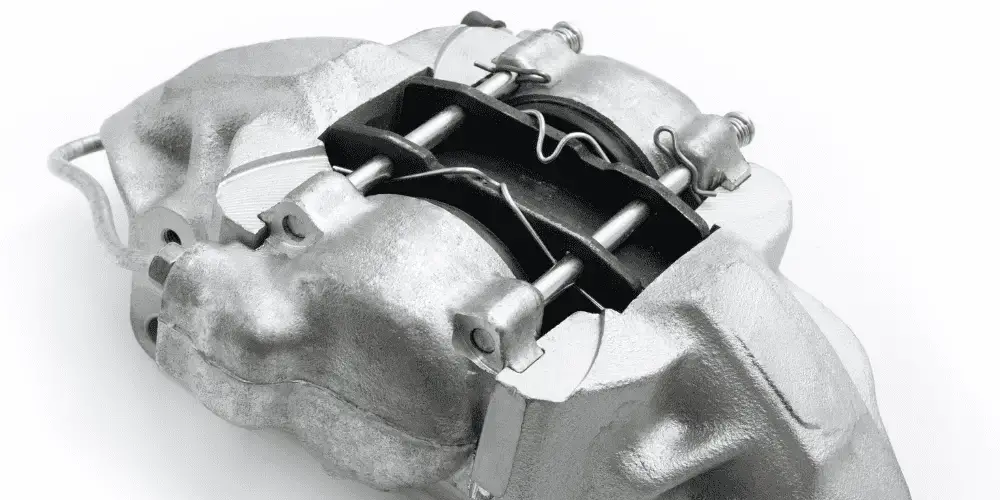
A problem with the caliper can cause the brake pads to remain stuck against the rotor even when the brakes are released.
This can create a grinding noise when reversing as the brake pad continues to rub against the rotor.
If you notice the grinding noise, more so in the morning or after leaving your car for a long period, this could be the cause.
Car Brakes Squeak When Backing Up – Reverse Squealing [Help & Advice]
Usually, pressing and releasing the brake pedal throughout a drive will free it up, and it may not be as noticeable as first thing in the morning when you pull off a drive.
Another symptom is a pulling sensation when you apply the brakes. This is caused by one side of the car braking more than the other, resulting in the vehicle pulling to one side.
Brake calipers can cost from $150 to replace, including labor. Even better, they can sometimes be unseized with lubricant and hit with a hammer!
In Conclusion
Three main car part faults can cause a grinding noise when reversing. Hope for either a torn cv boot or dirty transmission oil. Worst case scenarios are a diff or transmission repair.
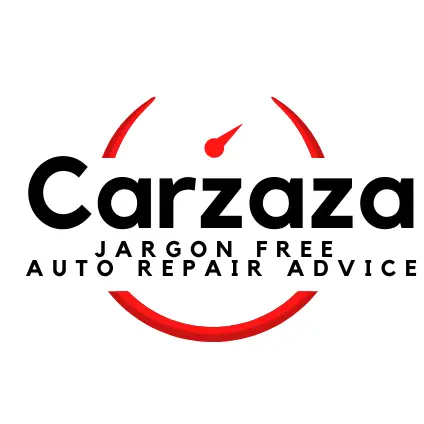

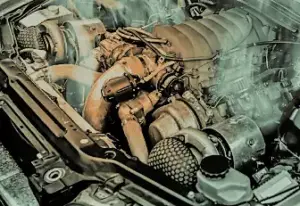
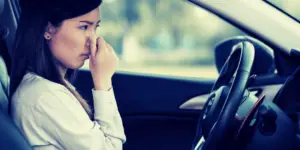
![Car Making A Noise When Reversing and Turning [ALL NOISES & CAUSES] reverse-man](https://carzaza.com/wp-content/uploads/2023/12/reverse-man-300x150.png)
![Car Making A Grinding Noise When You Accelerate? [Solved] Rev-counter](https://carzaza.com/wp-content/uploads/2023/12/Rev-counter-300x150.png)
